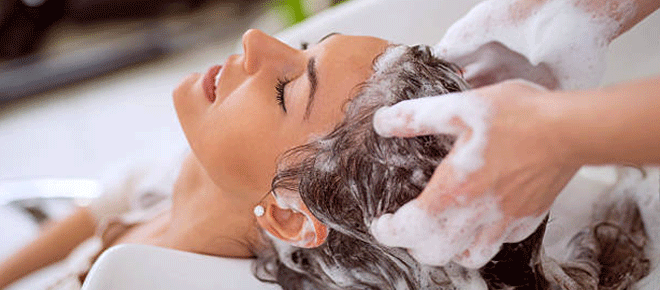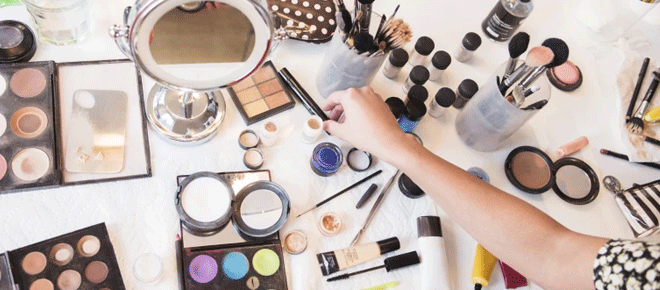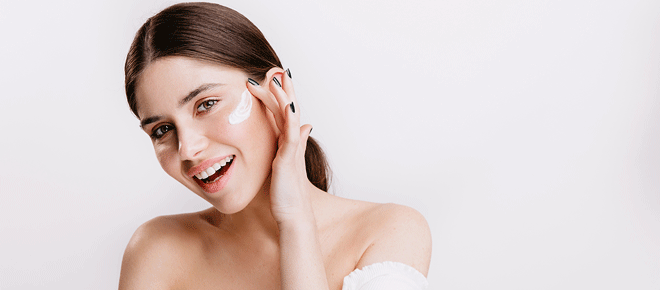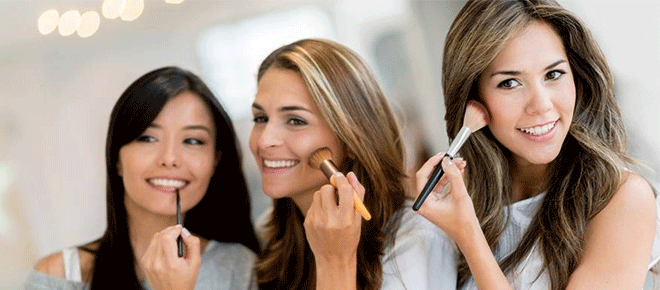The Ultimate Guide to Hair Care For Curly Hair

But as with any other hair type, the perfect routine is highly personalized. Your curl pattern, porosity, length, and scalp conditions are all important factors to keep in mind.
Deep Conditioning
Deep conditioning is an important hair care technique for taming frizz and preventing damage to curly hair. It hydrates and nourishes curls, reducing breakage, improving elasticity, and adding shine to your locks. If you want to save huge money then check out the Beauty Care Choices Voucher Code.
Deep conditioners penetrate deeply into the cuticle to restore moisture, transforming dry, damaged hair. Look for formulas that contain nourishing oils like coconut, olive, and argan oil. These fatty acids provide long-lasting softness and manageability to your curls, giving them a smooth shine on the surface and conditioning cuticles within the hair shaft.
Apply a generous amount of your chosen deep conditioner to wet, shampooed hair after you have finished washing it. For best results, use a product that is specifically formulated for curly hair. The key to getting the most out of your deep conditioning treatment is to apply it evenly and thoroughly, coating your hair with the formula and concentrating on the ends where your strands will need the most TLC.
After the recommended time has passed, rinse your deep conditioner out with cool water. Doing so helps to close the cuticles, ensuring that the hair absorbs all of the benefits it has received from the formula.
For best results, leave your deep conditioner in for at least an hour – this will ensure it has plenty of time to penetrate the hair. Some curlies will leave their conditioner on for longer, so it is a good idea to experiment and see what works for you.
Typically, it is recommended that you only deep condition once or twice per week. This is because it can lead to product buildup in the scalp if you are using it too frequently.
It is also possible to over-condition your hair, which can make it feel limp and weak. To avoid this, keep your deep conditioner in for no longer than its recommended time to prevent hygral fatigue, says Deanne Mraz Robinson, MD, FAAD, the president and co-founder of Modern Dermatology.
For best results, try to use a curly girl-approved deep conditioner every time you do your hair routine. Many on the market are perfect for your needs, including Shea Moisture, Pacifica Pineapple Hydrate, Mielle Babassu Oil and Mint, and Garnier's Smoothing Treat One Minute Hair Mask.
Scalp Massage
Scalp massage is a relaxing hair care technique that can boost the health of your scalp. It's also a great way to relieve tension in the head and neck, which can help you look and feel your best.
Often, we associate massage with physical therapy and the salon, but a scalp massage can be a beneficial part of your regular self-care routine as well. It's easy to get tense around your head and neck, especially after a long day or an intense workout. If you're looking for a way to relieve stress, a scalp massage is an effective and inexpensive way to do so.
A good scalp massage will remove dead skin cells, excess sebum (hair oil), and other debris that may clog your hair follicles. It will also increase blood flow to the scalp, which can help promote hair growth and regrowth.
If you are new to scalp massage, it is important to be gentle and not apply too much pressure. Otherwise, you could irritate your scalp and cause it to break out.
The key is to use the right amount of pressure and move your fingertips in a circular motion. You should start at the front of your ear, then work your way up to the crown of your head. Repeat this motion for about 60 seconds, moving your fingers back an inch or two as you go.
According to research, a scalp massage will stimulate your follicles to produce thicker hair. This is because it stretches the cells of the follicle, which helps your strands to grow stronger and thicker.
You should try to give yourself a scalp massage at least once a week. This will ensure that you're consistent with it and are getting the most benefits from it.
Many different types of oils and products can be used for a scalp massage, including coconut oil, olive oil, castor oil, and hair growth serums. It is important to choose an oil that is suitable for your hair type and is free of harsh chemicals.
Scalp massages are an effective hair growth tool for curly hair, as they are known to enhance hair thickness by stretching the follicle cells and improving blood flow. You can get results from just a few minutes of scalp massaging, but you'll see better results if you do it regularly.
Hydration
Keeping your hair hydrated is one of the most important things you can do for your curls. Dry, dull strands are prone to breakage and frizz, so it’s crucial to find ways to boost hydration levels.
There are plenty of hydrating treatments that you can use in your hair care routine to keep your curls looking their best. Some of these include spritzers, masks, and deep conditioning.
A spritzer is an easy way to add moisture to your hair without applying too much product, and you can easily make one at home by mixing a few drops of water with essential oils.
Applying a spritzer once or twice a week is an effective way to ensure your hair is hydrated. Spritzing your hair from root to tip will also help seal in any moisture that is already in the hair, which can reduce the appearance of frizz and flyaways.
For extra hydration, you can try using a nourishing deep conditioner once or twice a week. These can be applied to wet or dry hair and left in for 30 minutes before rinsing.
Deep conditioning is an effective way to improve your curly hair’s moisture levels and restore its softness, strength, and elasticity. It can also be used to protect your curls from damage caused by heat styling tools, dyeing, and the elements.
When choosing a deep conditioner visit the Health and Beauty Discount Code, and look for ingredients that are humectants. These are chemicals that draw moisture into the hair strand, like glycerin and xxx-glycol.
These are often found in products that target dry hair and can be especially beneficial for people with curly hair, as these types of strands struggle to retain moisture.
Another hydrating ingredient is protein, which is known to strengthen the hair shaft and prevent breakage. It’s a good idea to add a protein-based treatment to your hydration regimen at least twice a month.
Dehydration can affect both your physical and mental health, so it’s important to make sure that you drink enough water throughout the day. It’s also important to replace fluids that you lose through sweat, such as when exercising.
Styling
Styling is an integral part of your curly hair care routine, as it helps to enhance the appearance of curls and define them. It also makes a difference in how long your hair will last.
Whether you prefer to wear your curls loose or tight, there are plenty of quick, easy ways to style your strands. The key is to choose the right type of styling product and apply it in a way that will allow your curls to be set properly.
In addition, choosing the right texture of the fabric to dry your hair with can make a huge difference in how your tresses look and feel. For example, avoid using towels or other materials that cause too much friction on your hair. These can leave your strands feeling frizzy, so choose one that is soft and gentle on your locks.
Another important factor to consider when selecting a fabric is the porosity of your strands. This determines how easily your strands absorb and hold water. If your strands are low-porosity, they will take longer to absorb moisture and will hold water-based products more easily.
If you have a high-porosity curl pattern, your strands may need more frequent deep conditioning treatments. They may also need extra attention to hydration in-between deep conditioning sessions.
A non-stripping clarifying shampoo can help emulsify excess oil without stripping your scalp of the natural oils that your strands need to stay moisturized and nourished. This will ensure that your strands aren’t looking greasy and heavy when they set.
Before applying any hair styling product, it’s important to dry your tresses thoroughly. This is especially important if your strands are curly or coarse.
During your drying process, use a wide-tooth comb to detangle hair. This will help to minimize breakage, which is a common concern for textured hair.
You should also use a heat protectant to help protect your hair from excessive heat from blow dryers and other styling tools. This will help to prevent frizz and damage, which is especially critical if you plan on using heated styling tools frequently.
Conclusion
The ultimate guide to hair care for curly hair emphasizes the importance of understanding your hair type, washing and conditioning techniques, styling methods, and using the right products. With proper care, your curly hair can be healthy, vibrant, and beautiful. Remember to embrace your natural texture and experiment with different styles to find what works best for you.








